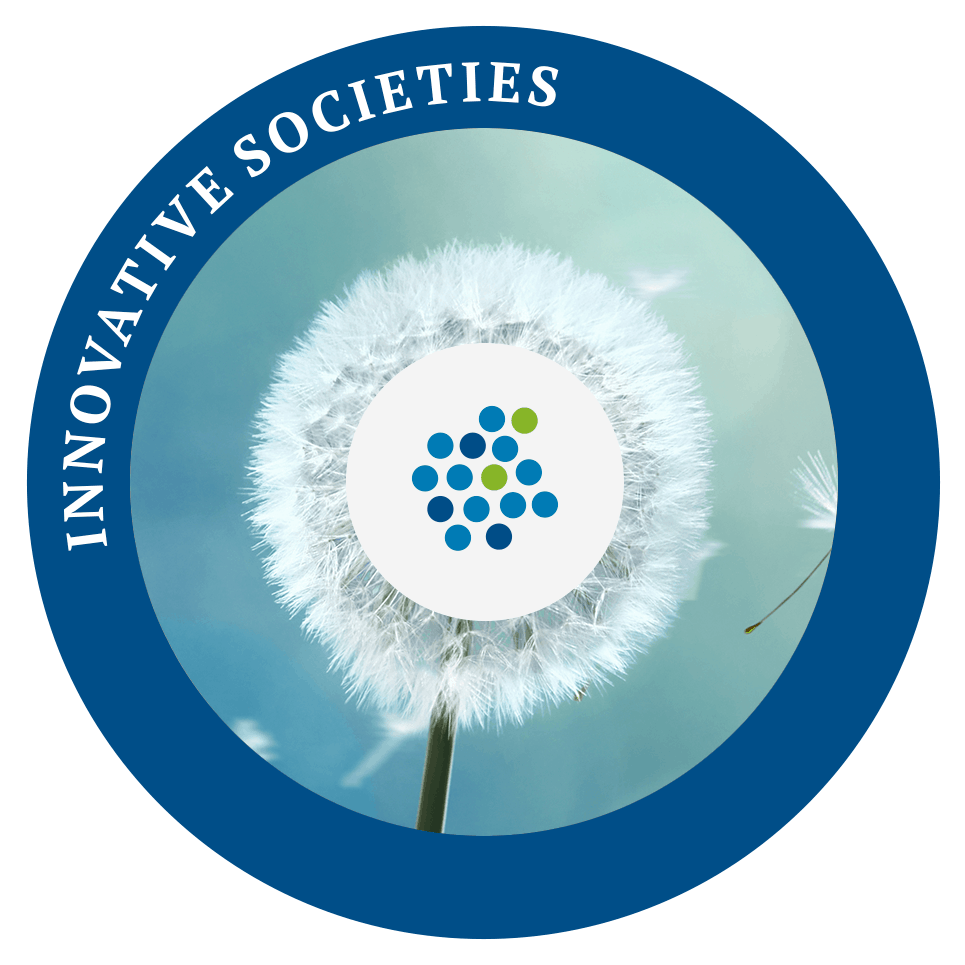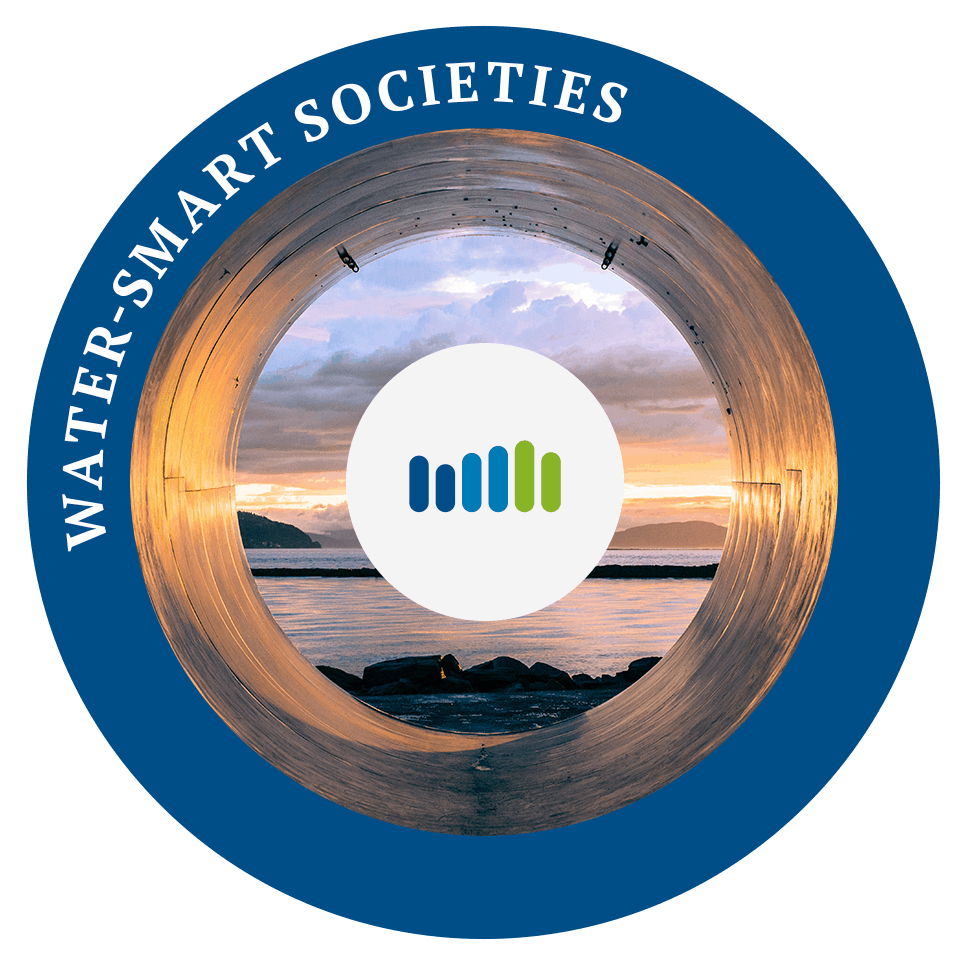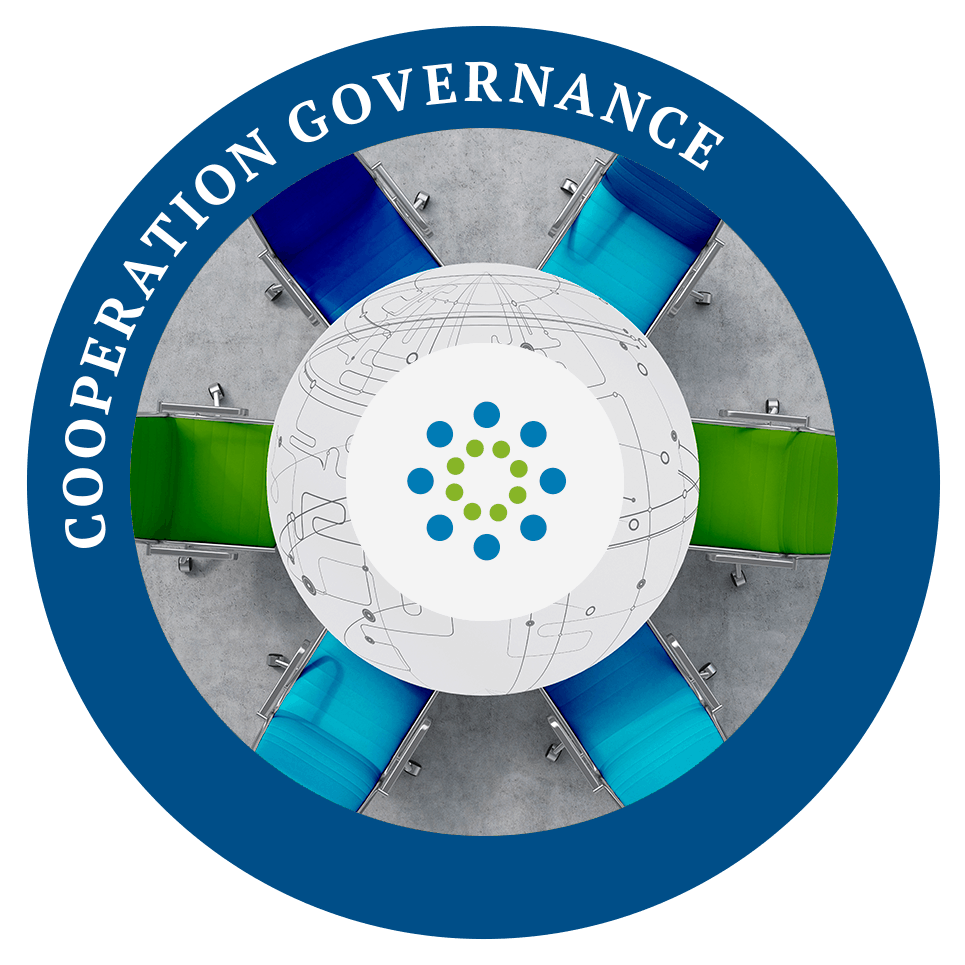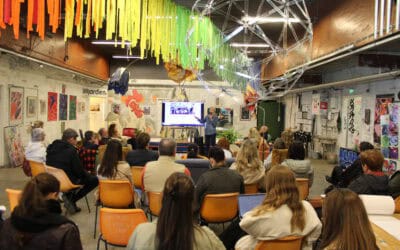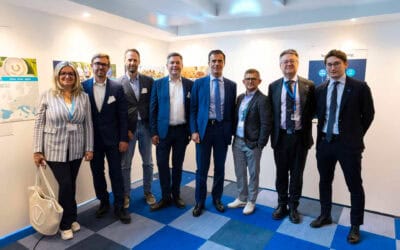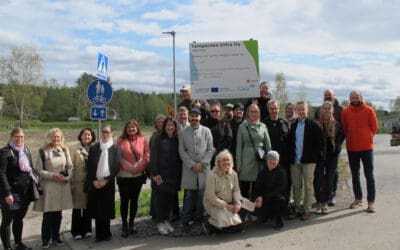priority 3: Climate-neutral Societies
Objective 3.3
Smart green mobility
A green and well-functioning cross-border mobility system is vital for the development of the region. The Programme supports the smooth movement of people and goods in and across urban and rural areas while saving resources by increasing efficiency, integrating different transport modes and accelerating digitalisation.
What is smart green mobility?
The Baltic Sea region has big potential to achieve zero greenhouse gas emissions for the mobility in its cities, towns and rural areas connected to them by using renewable fuels, clean electricity and digitalisation. A green mobility system well-functioning also cross-borders is vital for the development of the Baltic Sea region. The Programme supports actions that ensure the smooth movement of people and goods in and across urban and rural areas while saving resources by increasing efficiency, integrating different transport modes and accelerating digitalisation.
Green and intelligent mobility solutions
The Programme encourages the development of solutions that harmonise mobility systems across borders and thus enabling a coherent use of green mobility solutions. Further, the Programme encourages actions that enhance the capacity of public authorities in national, regional and urban planning to introduce green and intelligent mobility solutions to reduce pollution in cities and towns and their hinterland. The Programme wants to mobilise transport companies and citizens to actively use green and intelligent mobility solutions. In this way the objective does not aim only on introducing technical solutions but also on changes in mobility behaviours and demands.
Charging infrastructure
Sustainable Urban Mobility Plans (SUMPs) offer a strategic and integrated approach for dealing effectively with the complexities of smart and green mobility topics. Therefore, whenever possible the developed mobility solutions should be based on existing SUMPs or be part of the revised or newly developed SUMPs.
What can I do in my project?
We believe our projects help implement several important strategies in our region, and, in particular, the EU Strategy for the Baltic Sea Region and its policy areas Transport, Energy and Spatial Planning.
Harmonise mobility systems
Develop common standards to harmonise mobility systems in order to ensure the compatibility of green solutions between cities, towns their hinterland and across borders, e.g. for charging systems, new modes of vehicles.
Deploy green and multimodal transport solutions
Support national, regional and local public authorities in developing, testing, procuring and deploying green and multimodal transport as an integrated service using digital tools.
Apply digital solutions
Test, introduce and apply digital solutions (big data analytics, real-time data processing, intelligent transport systems) that regulate traffic flow, optimise the transport of people and goods, and predict changing mobility patterns.
Apply e-mobility solutions
Plan and pilot e-mobility, smart grid services and charging stations, including locally-produced electricity, and connect green energy to existing energy grids.
Advance freight mobility
Advance freight mobility through introducing shared solutions and distributed centres using digital platforms to maximise the efficiency of vehicle utilisation.
Advance low-emission, green, smart solutions
Use innovative technologies and planning infrastructure to advance low-emission, green, smart solutions in multimodal transport.
Rethink transport planning
Rethink urban, rural and regional spatial and transport planning adapting to vehicle and service innovation as well as to promote space efficient mobility of all modes (autonomous, connected, electric, shared and active mobility options, e.g. walking and biking).
Foster renewable fuels
Test and deploy innovative technologies and planning infrastructure to produce, store and distribute renewable fuels (e.g. biofuels, hydrogen) in cities and regions to replace diesel and petrol in transport.
Support charging infrastructure
Plan charging infrastructure at public transport stations and freight hubs, repurpose gas or petrol stations as charging hubs for renewable fuels.
Get inspired by the ongoing projects
Sign up now
Newsletter subscription
Four priorities & nine objectives
Four priorities for cooperation
Interreg Baltic Sea Region 2021-2027 creates opportunities for organisations to connect
as if there were no borders. With experience and EU funding, we help them cooperate and put their ideas into practice.
Jointly, we make the life of people around the Baltic Sea better.
The Programme is structured along with four priorities. They guide partners in achieving the most when cooperating across borders.
Priority 1
Innovative societies
1.1 Resilient economies and communities
1.2 Responsive public services
Priority 3
Climate-neutral societies
3.1 Circular economy
3.2 Energy transition
3.3 Smart green mobility
Overview: all the Programme objectives
Resilient economies and communities
Objective 1.1
under Priority 1: Innovative societies
Sustainable waters
Objective 2.1
under Priority 2: Water-smart societies
Circular economy
Objective 3.1
under Priority 3: Climate-neutral societies
Project platforms
Objective 4.1
under Priority 4: Cooperation governance
Responsive public service
Objective 1.2
under Priority 1: Innovative societies
Blue economy
Objective 2.2
under Priority 2: Water-smart societies
Energy transition
Objective 3.2
under Priority 3: Climate-neutral societies
Macro-regional governance
Objective 4.2
under Priority 4: Cooperation governance
Resilient economies and communities
Objective 1.1
under Priority 1: Innovative societies
Responsive public service
Objective 1.2
under Priority 1: Innovative societies
Sustainable waters
Objective 2.1
under Priority 2: Water-smart societies
Blue economy
Objective 2.2
under Priority 2: Water-smart societies
Climate-neutral societies
Objective 3.1
under Priority 3: Climate-neutral societies
Energy transition
Objective 3.2
under Priority 3: Climate-neutral societies
Smart green mobility
Objective 3.3
under Priority 3: Climate-neutral societies
Project platforms
Objective 4.1
under Priority 4: Cooperation governance
Macro-regional governance
Objective 4.2
under Priority 4: Cooperation governance
News
CompositeCircle kicked off in Lappeenranta: setting the stage for circular innovation
The CompositeCircle project officially launched with a multi-day kick-off meeting in Lappeenranta, Finland, bringing together partners from across the Baltic...
(No title)
Energy Equilibrium seminar in Lithuania — Energy Accumulation for municipal energy sector
With the support of Association of Local Authorities in Lithuania the seminar “Energy sector planning in municipalities for the transition to renewable...
Highlights from webinars and training workshops in Sweden
This past spring, our Swedish project partners, Sustainable Business Hub and the Municipality of Tomelilla, co-hosted both a webinar on the potential of...
Bringing Communities Together for Sustainable Change
16 July 2025 Bringing Communities Together for Sustainable Change written by Anna ZaccaroOn 22 May...
How transnational cooperation is building Europe´s future with youth
Explore how transnational cooperation is transforming Europe, from addressing climate change to fostering local economic growth. This exhibition highlights the powerful impact of collaboration beyond borders in shaping a stronger, more united future.
Painting Baltic Sea region cities blue
There is nothing more exciting than seeing an Interreg project in action. On 22 May 2025, the project City Blues showcased how it is changing areas around the city of Tampere to prepare it for the consequences of climate change better.




